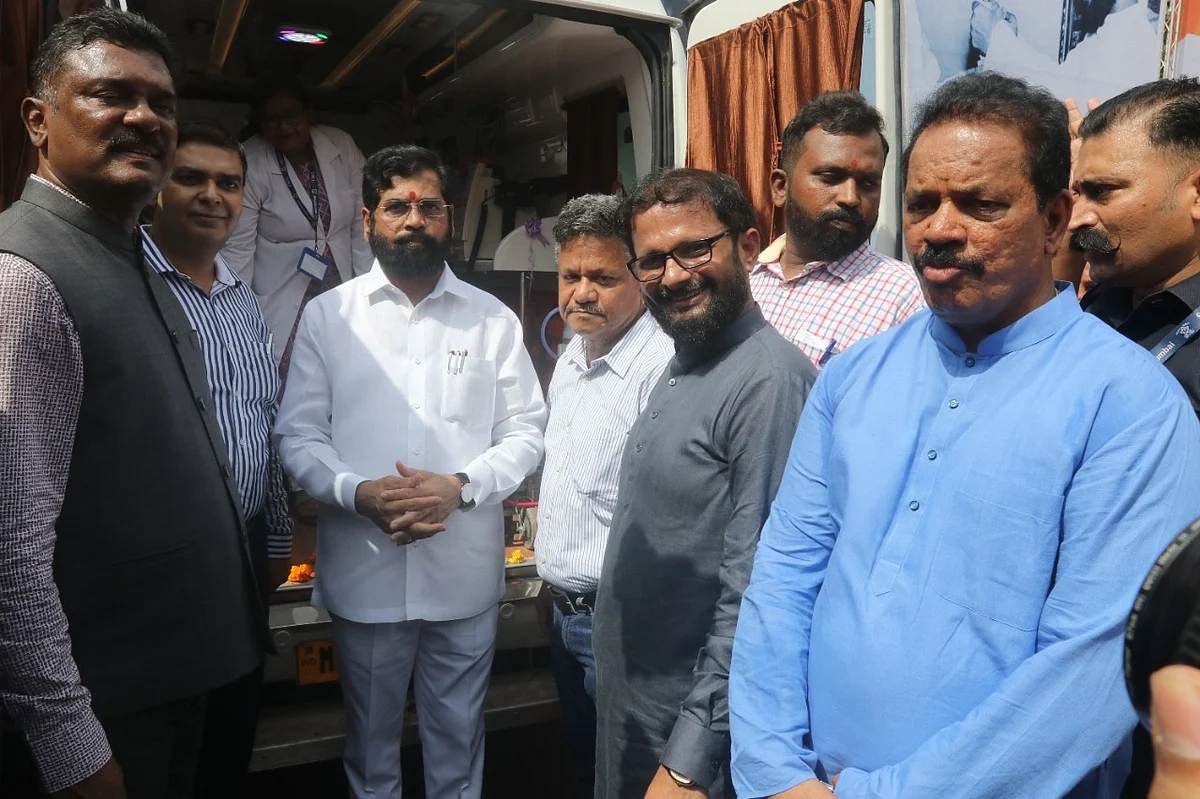Outgoing Chief Justice of India NV Ramana on Friday said that it was his constitutional duty to bring the constitution closer to the people by way of generating awareness and building confidence around the judiciary.
N V Ramana took path-breaking judicial and administrative decisions that included putting the sedition law on hold, reviewing the money laundering verdict, ordering probes into Pegasus snooping and Lakhimpur Kheri cases and ensuring appointments of record 11 judges in the top court and over 220 in high courts.
He also said explained that the popular perception was that the judiciary is quite distant from the general public, there are still millions of suppressed people who need judicial help and and are apprehensive to approach it in times of need.
"In spite of fulfilling its constitutional mandate, the judiciary does not find adequate reflection in the media thereby depriving people of knowledge about the constitution," the CJI added.
On his last day in the office, the 48th CJI got one more feather in his cap by ensuring live streaming of Supreme Court proceedings of the ceremonial bench headed by him by implementing the 2018 verdict which had allowed such webcasts.
Here's you need to know more about NV Ramana:
Hailing from an agriculturist family in Ponnavaram village of Andhra Pradesh's Krishna district, Justice Ramana had succeeded S A Bobde on April 24, 2021 with a dire situation of huge unfilled vacancies in the top court and the high courts staring at the face of the judiciary.
The apex court had not got a single judge after the superannuation of the then CJI Ranjan Gogoi on November 17, 2019 and had nine existing vacancies when CJI Ramana took over and the high courts had around 600 vacancies.
Creating a record, the CJI headed apex court collegium meetings led to appointment of 11 Supreme Court judges with nine of them, including three women, appointed in one go.
Justice Ramana recommended 224 names from several bars and the judicial services for judgeship in high courts, besides ensuring uninterrupted functioning of courts during pandemic.
He also ensured nearly 100 appointments of presiding officers, technical and legal members in tribunals across the nation.
A day before retiring, the CJI-led bench took up several important cases including the plea of Karti Chidambaram and decided to review in open court the controversial verdict which upheld the Enforcement Directorate's powers under the Prevention of Money Laundering Act. The CJI also led a special bench and issued notices to the Gujarat government on a plea challenging release of 11 convicts in the 2002 case of Bilkis Bano's gangrape and murder of her family members.
The CJI has been hailed by many for his observations, judicial and administrative actions like re-recommending the name of senior lawyer Saurabh Kirpal, a gay, for elevation as a judge to the Delhi High Court.
Justice Ramana will be succeeded by Justice Uday Umesh Lalit as the CJI who will have a tenure of a little over two months. Justice Lalit's retirement in November will pave the way for Justice D Y Chandrachud to take over as head of the judiciary for a term of a little over two years.
(To receive our E-paper on whatsapp daily, please click here. To receive it on Telegram, please click here. We permit sharing of the paper's PDF on WhatsApp and other social media platforms.)





